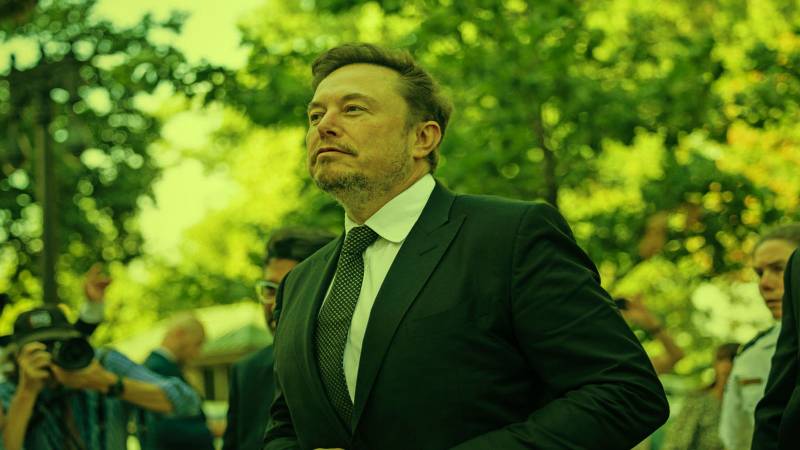
After Elon Musk stated he would no longer assist with their probe into his acquisition of Twitter, now known as X, financial regulators in the US filed a lawsuit against him.
He must appear for a third round of evidence regarding the deal, according to the Securities and Exchange Commission (SEC), which has requested a federal court issue a court order compelling him to do so.
After receiving a letter from Musk's attorney alleging that his client had refused to show up as required, the decision to sue was made.
It alleged "harassment" from the SEC.
"Unchecked government activity is risky, and this place's track record is concerning. Musk rejects the Commission's intrusions and, as a result, refuses to appear as you want, according to attorney Alex Spiro.
The legal action is the latest battle between the SEC and Musk, who previously said he had "no respect" for the agency on national television.
Last year, the SEC began looking into Musk's $44 billion acquisition of X.
According to a document filed in federal court in San Francisco, the government is looking into whether remarks he made and stock transactions he made in 2022 before buying the business entirely violated securities laws.
After being summoned, Musk took part in two half-days of testimony via video conference in July, according to the SEC. Nearly half of the case-related materials the agency had received arrived after those discussions, the agency claimed, necessitating yet another meeting.
It was said in a letter from Musk's counsel to the organization that it was "clear why the staff requires further time diverting Mr. Musk from his significant obligations to companies and shareholders...Enough is enough." The letter was provided as part of the evidence.
The SEC and Musk have already clashed.
By asserting in a tweet that he had "funding secured" to take Tesla, the electric vehicle firm he runs, private, it accused him of cheating investors in 2018.
Later, he resolved the allegations, resigning as the company's board chairman and accepting a "Twitter sitter," or restrictions on what he could say about the business on social media.
Musk has petitioned the court on many occasions to get those restrictions lifted, most recently in February.
Separately, a court in New York ruled this week that Musk must defend himself against claims made by former Twitter investors that he misled them by failing to quickly report his share acquisitions, although an insider trading allegation was rejected.
